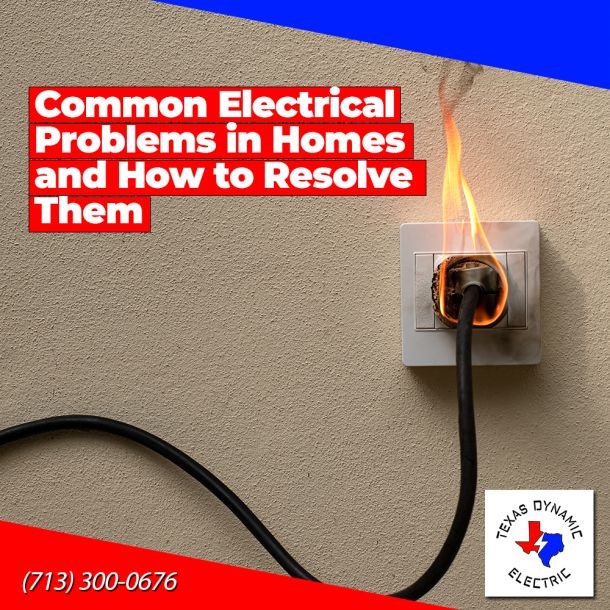Understanding Circuit Breakers: Why Are They So Important?
Circuit breakers are one of those things in our homes that we often overlook until they're needed. However, they play a crucial role in ensuring the safety and functionality of your electrical system. In this blog, we'll delve into the world of circuit breakers, explaining why they are so vital and why you should understand them.
What Is a Circuit Breaker?
Before we get into the "why," let's start with the "what." A circuit breaker is an electrical device designed to protect your electrical circuits from overloads, short circuits, and other electrical faults. Think of it as a safeguard that prevents your electrical system from getting overwhelmed, potentially causing fires, damage, or electrical outages.
The Importance of Circuit Breakers
- Fire Prevention
Perhaps the most critical role of a circuit breaker is fire prevention. In the event of an electrical overload or short circuit, the circuit breaker will trip, cutting off the flow of electricity. This quick response can prevent the electrical wiring from overheating and potentially causing a fire.
- Protecting Your Electrical Devices
Circuit breakers also serve to protect your electrical appliances and devices. When a circuit is overloaded, it can damage or destroy the connected equipment. By tripping the circuit, the breaker shields your valuable electronics from harm.
- Continuous Service
Imagine having to replace a fuse every time there's an electrical fault. Circuit breakers eliminate this inconvenience by allowing you to reset the switch after a trip. This means you don't have to keep spare fuses around or endure extended downtime due to a blown fuse.
- Identifying Faults
Circuit breakers offer additional benefits by indicating the type of fault that occurred. For example, a different type of trip response may indicate an overload versus a short circuit, helping you troubleshoot the issue more effectively.
Types of Circuit Breakers
There are several types of circuit breakers, including:
- Standard Circuit Breakers: These are your everyday circuit breakers used to protect common household circuits.
- Ground Fault Circuit Interrupters (GFCIs): Specifically designed to protect against electrical shocks in wet areas like kitchens and bathrooms.
- AFCI Circuit Breakers: Arc-fault circuit interrupters are used to prevent fires caused by electrical arcs.
How to Maintain Circuit Breakers
Understanding circuit breakers also means knowing how to maintain them:
- Regularly test your circuit breakers to ensure they're functioning correctly.
- Keep the breaker box well-organized and labeled for easy identification of circuits.
- If a circuit frequently trips, it may be a sign of an underlying problem. Consult with a professional electrician for inspection and potential repairs.
Circuit breakers are the unsung heroes of your electrical system, protecting your home, your appliances, and your loved ones from electrical hazards. Understanding their importance and how they work is not only wise but essential for maintaining a safe and functional electrical system.
By knowing the role of circuit breakers and taking proper care of them, you can ensure the continuous operation of your electrical circuits and enjoy a safer, more convenient living space. Don't underestimate the significance of these unassuming devices – they are your first line of defense against electrical problems that could otherwise lead to costly and dangerous consequences.
Source: name
As licensed contractors, we provide our clients with a comprehensive approach to all of their projects, specializing in a a wide range of services. Since we founded our business in 2000, we’ve been committed to our clients’ needs and satisfaction.
Do you have a project or idea in mind that you want to get started on? We are here to make it happen. Get in touch to learn what we can do for you today.

 Attic Fans
Attic Fans Patio Lighting
Patio Lighting








